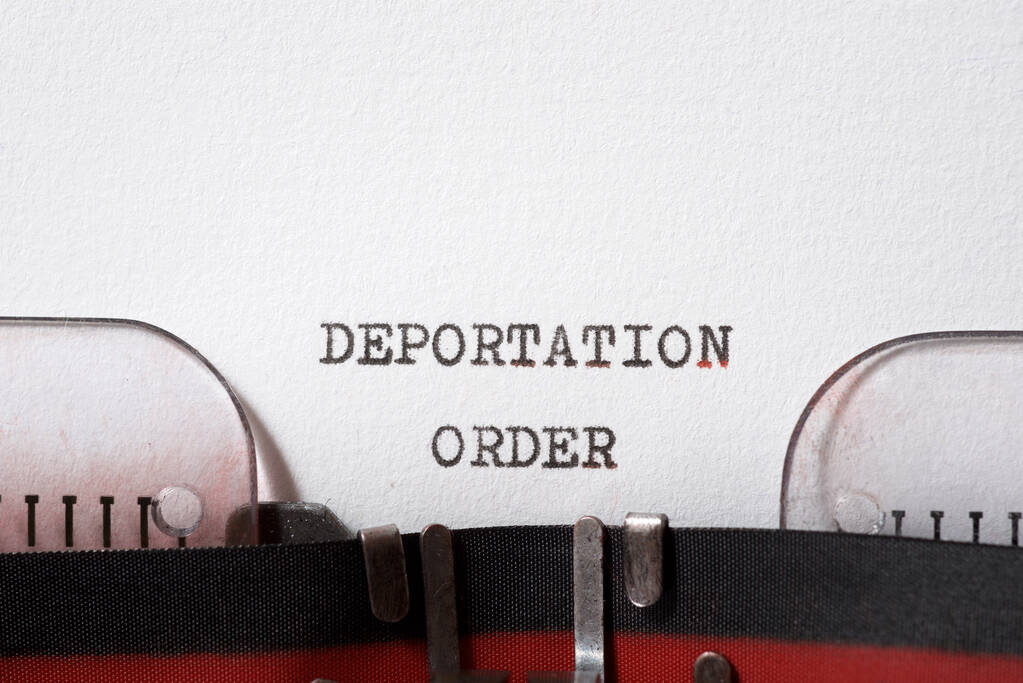Facing deportation from the UK can be a daunting experience, impacting individuals and their families profoundly. However, it’s essential to recognize that amidst the uncertainty, there are legal avenues available to challenge or mitigate such decisions. Understanding these options and seeking expert guidance can make a significant difference in navigating this complex and challenging process.
Understanding Administrative Removal and Deportation
Administrative removal and deportation represent two distinct processes governed by UK immigration laws. Administrative removal typically occurs when individuals breach immigration rules, such as overstaying visas or violating visa conditions.
In contrast, deportation follows criminal convictions, usually after completing a prison sentence. It’s crucial to comprehend the specific circumstances leading to your potential removal to determine the appropriate legal strategy.
Challenging the Decision
Individuals facing deportation or administrative removal have the right to challenge the Home Office’s decision. Seeking assistance from experienced immigration specialists is highly recommended. These professionals can assess your case, identify potential grounds for challenge, and guide you through the legal process effectively.
The possible avenues for challenge may include arguing against removal on human rights grounds or seeking asylum if eligible. Understanding the intricacies of UK immigration law and presenting a compelling case is critical in challenging the decision effectively.
Voluntary Departure
Voluntary departure provides individuals with an opportunity to leave the UK without a formal deportation order. This option may be preferable for those who wish to avoid the consequences of forced removal or cannot afford to stay. The government may offer assistance to cover travel expenses for individuals opting for voluntary return. It’s essential to understand the implications of voluntary departure and weigh this option carefully against potential challenges in the future.
Assistance for Vulnerable Individuals
Special provisions exist to protect the rights of vulnerable individuals facing deportation. This includes those with mental health issues, physical disabilities, or other vulnerabilities. Detention of vulnerable individuals should only occur when absolutely necessary, with appropriate support and accommodations provided. Seeking legal advice and advocacy from organizations specializing in vulnerable migrant rights can be crucial in ensuring fair treatment and protection during the deportation process.
Re-entry Options
Returning to the UK after deportation or voluntary departure is subject to specific conditions outlined by immigration regulations. Factors such as the timing and circumstances of departure, outcome of appeals or administrative reviews, and relationship status may influence the re-entry timeline. Understanding these conditions and planning accordingly is essential for individuals considering a return to the UK in the future.
Detention and Bail
In cases where detention is deemed necessary, individuals may be held in immigration detention centres until departure arrangements are made. Applying for bail can significantly improve the chances of release from detention, particularly with the support of legal representation. Organizations such as Bail for Immigration Detainees (BID) offer free legal assistance to detainees, helping them navigate the bail application process and secure their release.
Final Thoughts
Facing deportation or removal from the UK is undoubtedly a daunting prospect, but it’s important to remember that there are legal options available. By understanding your rights, seeking expert guidance, and advocating for yourself, you can navigate this challenging process with greater clarity and confidence. Whether challenging the decision, considering voluntary departure, or exploring re-entry options, informed decision-making is key to securing the best possible outcome for you and your family.


